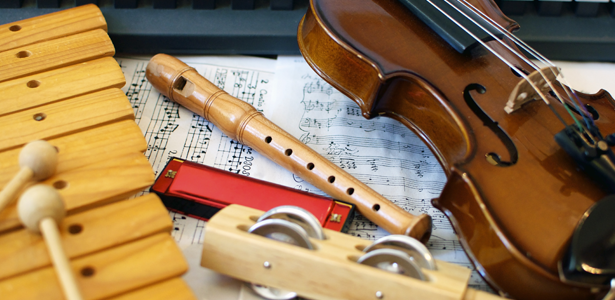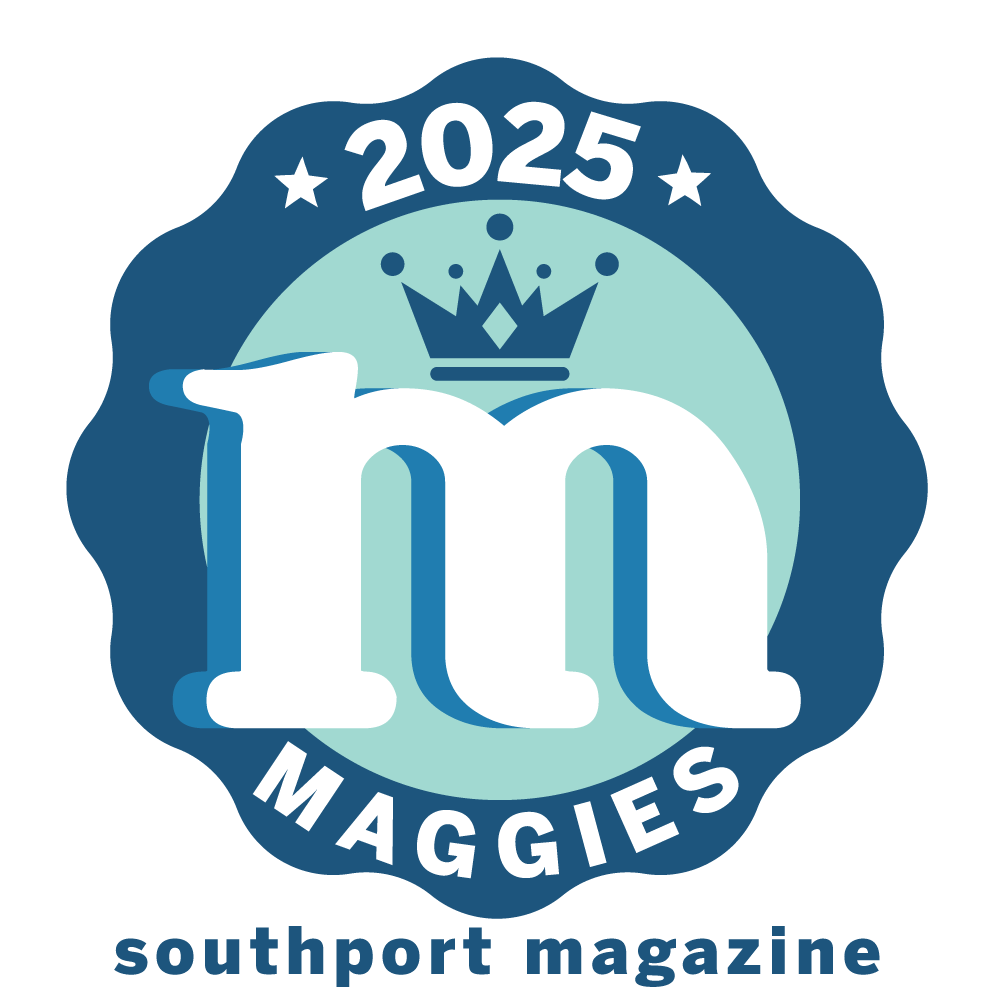Whistle A Happy Tune

Feel your spirits lift with music therapy
BY: LESLIE RESCHLY BSN,RN
Music-whether playing it or listening to it-can provide you with
many positive health benefits. Do you ever put on your favorite songs while relaxing or entertaining? Can you recall a profound musical event in your life? Music has been used historically in healing as well as many cultural rituals surrounding changes in life but research today is showing it’s scientific basis.
Confucius is quoted as saying “Music produces a kind of pleasure which human nature cannot do without.” In fact, research shows that music stimulates many areas of the brain but in particular triggers the happiness and pleasure areas causing the neurotransmitter dopamine to be released. Dopamine is a biochemical neurotransmitter associated with feeling good, happy and in a state of pleasure. Because of this, music can be used to decrease stress and anxiety levels as well as decreasing pain or easing a painful event. Studies have shown that calming slow tempo music with low pitch can decrease your blood pressure, help you to relax before surgery or during chemotherapy, endure childbirth and ease pain after surgery or in chronic pain situations such as fibromyalgia. Preliminary studies show that music may improve immune functioning and ultimately help to prevent disease or resist illness. In Alzheimer’s disease, music can be used to help patients recall. I remember working at a nursing home in my high school years. Several people who seemed to be almost comatose could smile, sing and often dance when old familiar tunes were played.
For those of us not in any of the above circumstances, the benefits of music can be found in our day-to-day lives. Use of music during training helps with exercise and increasing endurance perhaps because the focus is off the effort and the beat increases your exercise rate. Music has also been shown to increase your relaxation and improve your sleep quality. In combination with meditation, slow music beats induce a hypnotic state allowing one to become in touch with your feelings as well as improving mood. One benefit of the use of music in high-pressure situations is that cognitive tasks are shown to be enhanced allowing im- proved performance of a skill. Some studies also suggest that the use of soft music combined with low lighting causes eating to slow down ultimately decreasing food intake and causing weight loss!
While searching for information regard- ing music use as therapy and treatment options, I found several areas where addi- tional studies are needed. For example, research is often biased by use of a particular music style as well as whether the mu- sic selection was made by the researcher or by the participant. Much more needs to be done to determine the benefits of playing vs. listening to music and whether group interaction affects the benefits compared to solo participants. For example, one study noted that people who played musical instruments for greater than 10 years scored higher on cognitive tests compared to their counterparts who never played music or played less than 10 years. Either way, music as a therapeutic benefit is noninvasive and inexpensive. There are no known side effects (as long as the volume is managed)! Seek out your favorite tunes and reap the benefits!











Leave a Reply